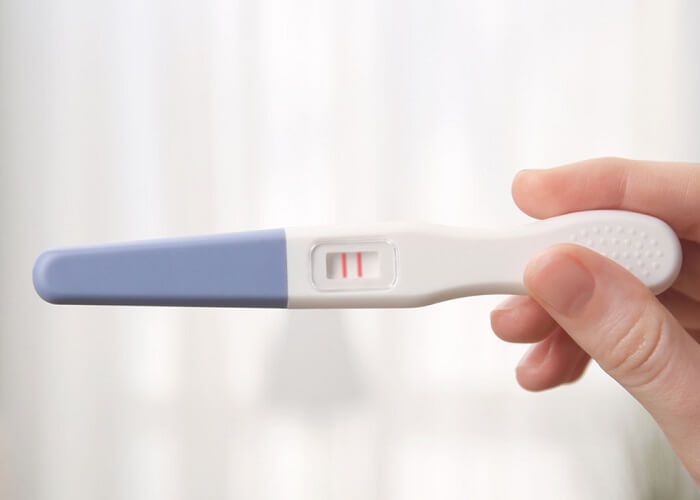Qus: Can you get a false positive pregnancy test?
Ans: You can only get a false positive pregnancy test if you have some vaginal discharge. Also, the amount of discharge could vary depending on your diet and other factors.
False positives are unlikely. A woman with a negative test result who changes her mind about getting pregnant (known as an “oops” pregnancy) will have a higher likelihood of being falsely positive on a pregnancy test than someone trying to avoid pregnancy by taking precautions such as using birth control or refraining from sexual activity.
A false positive is when a pregnancy test gives you a “yes” result even though you are not pregnant. False positives are most common around the time of ovulation; if you’re menstruating, it’s unlikely that your urine will show up as positive on a pregnancy test.
The home pregnancy test is a simple, single-sided test strip that you use to determine whether you are pregnant. Although they do not have any method to identify the disease or inhibit it’s development, the applications of colorimetric assays were able to be used in order to achieve an increase in accuracy over traditional methods.
Qus: Can you have a false positive pregnancy test?
Ans: Yes. False positive pregnancy test results are possible, but what happens is that when you take the blood sample and send it to the lab for testing, any positive result is normal for a woman in her first 20 weeks.
False positive pregnancy tests occur when, in the absence of pregnancy, a test result is normal but the test works to produce a false positive result. Examples of false positives include iron and thyroid problems as well as some medications that can lead to false positives in pregnancy tests.
False positive pregnancy tests are when you get the result from a pregnancy test that says you’re pregnant, when you aren’t. The most common cause of false positive pregnancy tests is the use of fertility drugs or herbs to treat your ovulation cycle.
A false positive on a pregnancy test can be caused by a number of factors, including a common medication, stress and the use of Testim.







